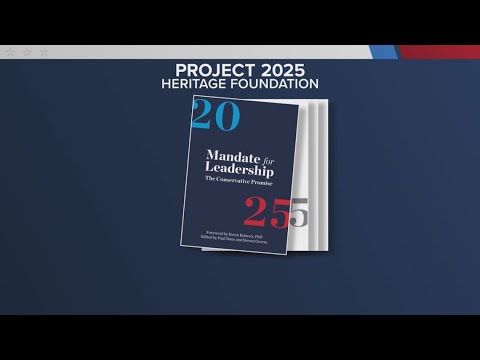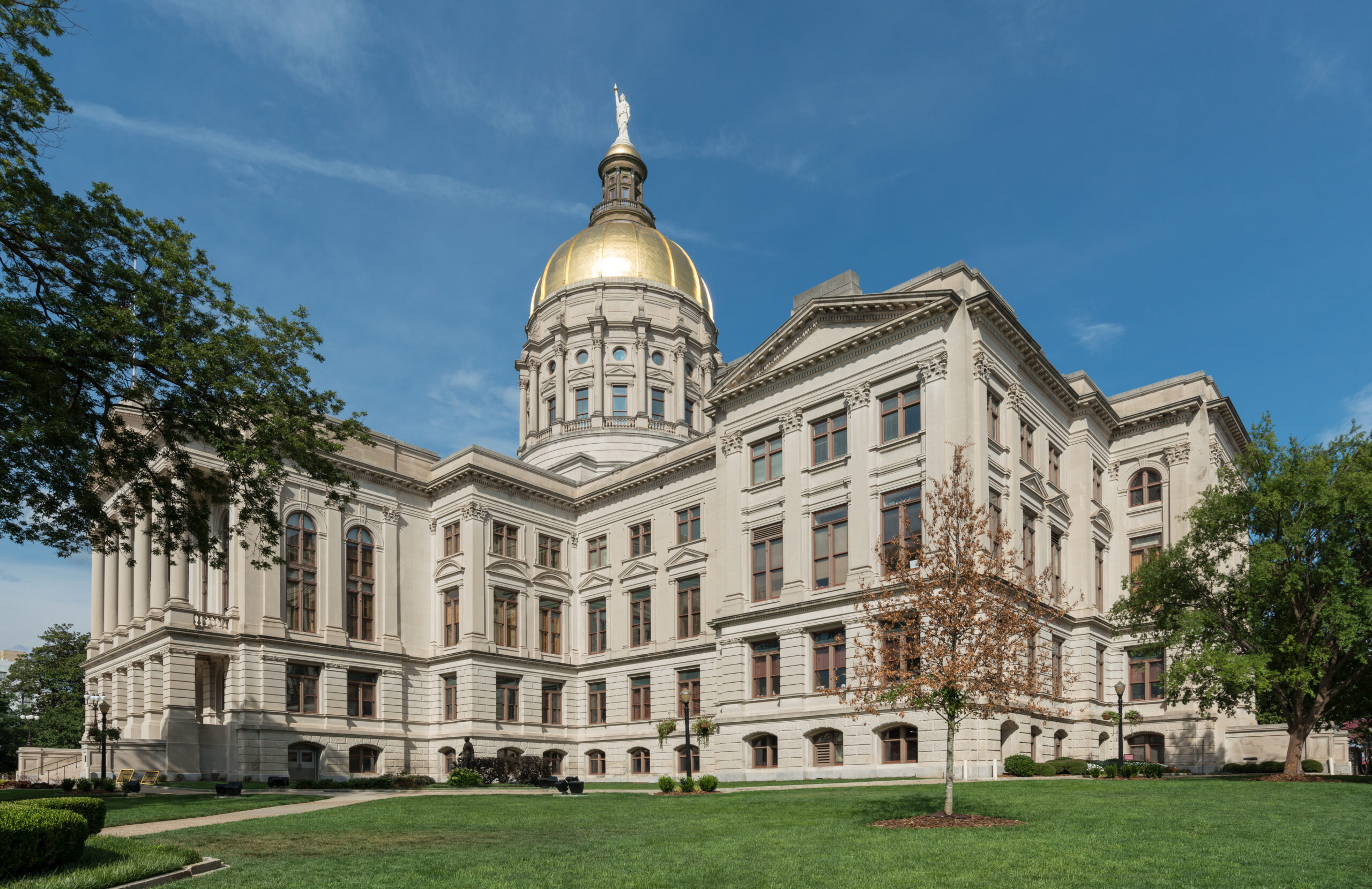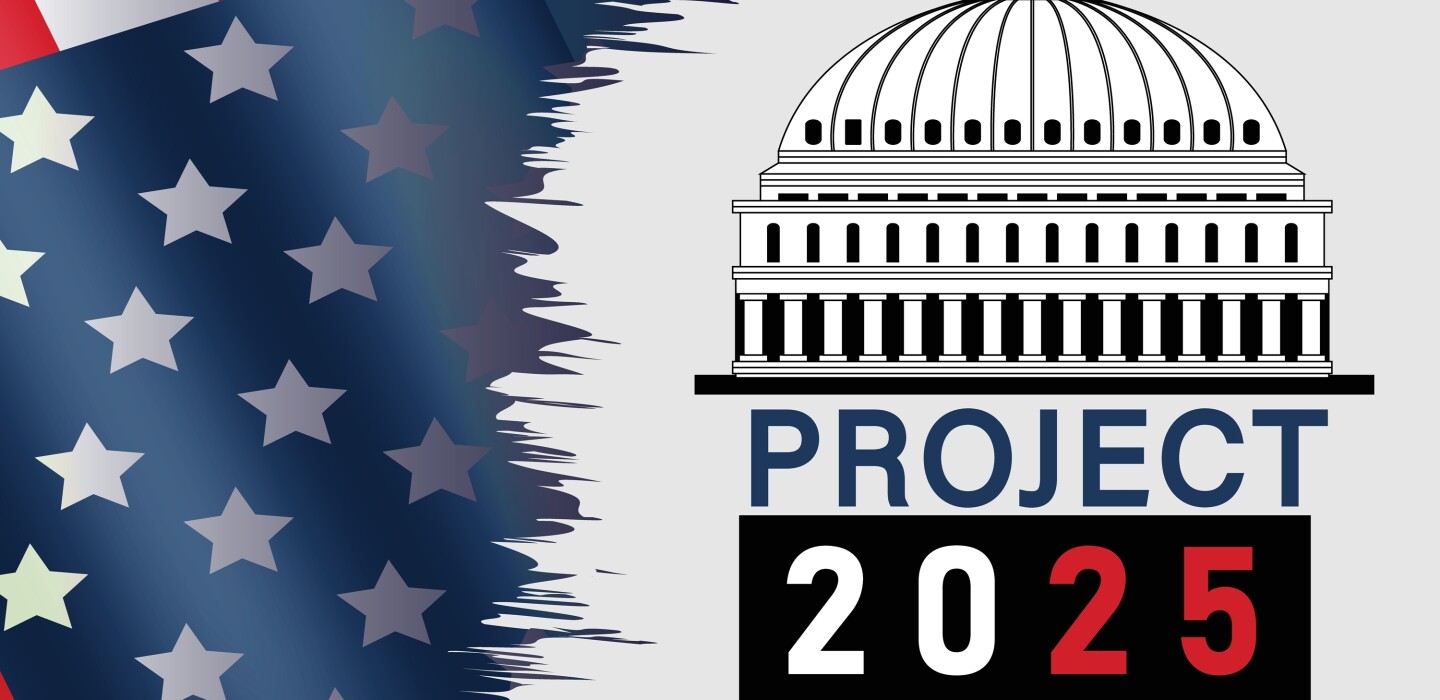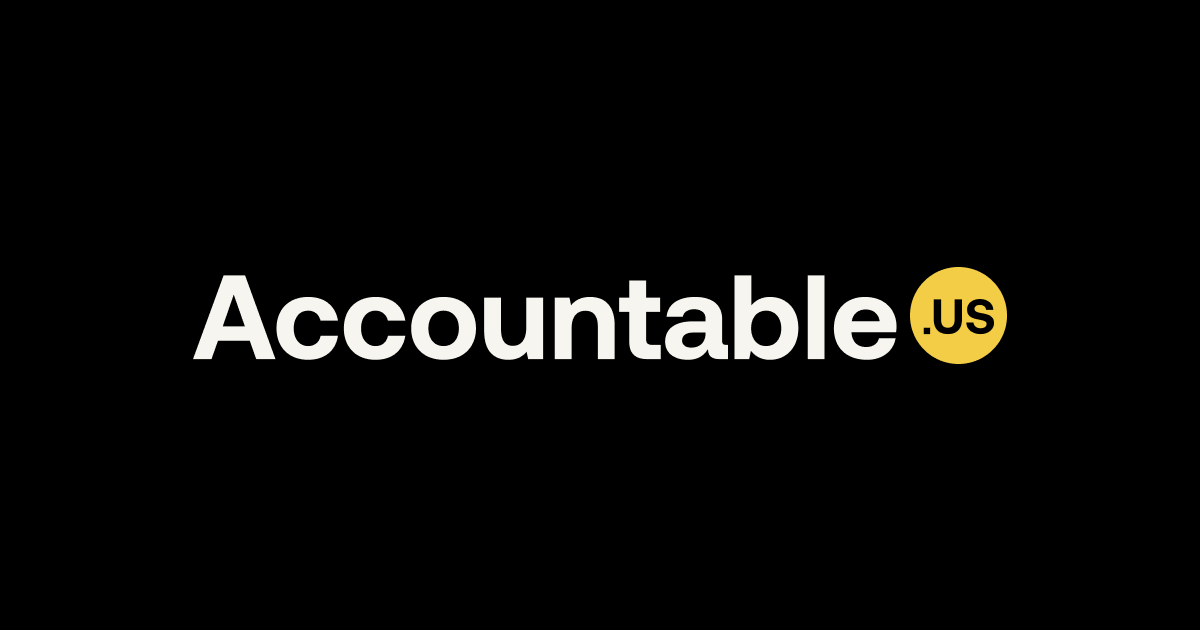Originally by at USAToday
The Republican Party has a long wish list of things it hopes to change about American schools. High on it is abolishing the U.S. Education Department and establishing a national “Parents’ Bill of Rights” to give conservatives more control over what their children learn.
But members of the GOP are not all on the same page about how a Republican president should go about reforming the country’s education system.
One much-touted approach to revamping schools occupies a chapter of Project 2025, the 900-page political blueprint authored by the Heritage Foundation, a conservative think tank. Despite the group’s deep ties to his administration, former President Donald Trump, the party’s nominee and standard-bearer, has tried to distance himself from the agenda, adopting his own, simpler version of a party platform blessed by delegates at the Republican National Convention last week.
There remains a significant overlap between the two visions of changing how schools run. Both platforms echo longstanding Republican grievances. They accuse colleges of liberal indoctrination. They denounce the steep costs of higher education and bolster the rights of parents over those of children and educators. They recoil at the notion of protecting LGBTQ+ students or backing built-in protections for marginalized communities.
As the presidential election draws nearer – and the country’s political climate becomes increasingly fraught – students and families in vulnerable circumstances are growing more anxious about how the political fighting could alter their lives.
Angel Torrientes lives with her 16-year-old son in a one-bedroom apartment in Covina, California, about 20 miles east of Los Angeles. She gets the bedroom, and “he has his space,” she said.
She always wanted to find a job where she could help people. That impulse ultimately drew her to nonprofit work, and she graduated in 2018 with a master’s degree in nonprofit management from Antioch University in Los Angeles. She now has two jobs: one is full-time, at a youth services nonprofit, where she helps train employees who work with disadvantaged youth, and the other is a part-time gig at a housing company.
Affording $2,000 in rent is hard enough on her salary. Paying off the $80,000 she owes in student loan debt makes life even harder.
But a federal government program intended to help people in mission-oriented jobs like hers has been a life-saver, she said. Enrolling in the Public Service Loan Forgiveness Program, or PSLF, which was revamped during the Biden administration, lowered her monthly loan payment by hundreds of dollars.
Project 2025 would end it. Lindsey Burke, the author of the Project 2025 education agenda, has argued that the federal government has abused its debt relief powers, prioritizing public-sector jobs over private-sector ones and unfairly leaving taxpayers on the hook for other people’s degrees. The Heritage Foundation said Burke was unavailable for an interview with USA TODAY.
Without the financial cushion the loan repayment program has given her, Torrientes said she’s not sure how she would make rent.
Kevin Roberts, the Heritage Foundation’s president, told USA TODAY last week that the group’s policy agenda is a necessary solution to the federal government overreach that progressives have implemented.
“Project 2025 is an attempt to restore proper constitutional order to this country,” he said.
Proposed changes to special education cause alarm
Mia Charles was scared when she found out her son had autism. Charles, who lives in Brooklyn with her aunt, didn’t know the first thing about the developmental disorder, which affected as many as 1 in 36 youth in 2020, according to federal government estimates from some regions of the U.S.
“It was a big shock,” Charles said.
The diagnosis came in 2021 when her son Maverick was 3. It was about two years after a district court ruled the Trump administration had engaged in an “illegal delay” by refusing to enact Obama-era regulations meant to improve racial disparities in special education.
Project 2025 proposes rescinding those rules completely. It also calls for removing enforcement of the Individuals with Disabilities Education Act, a landmark federal law that ensures students with disabilities are entitled to a “free appropriate public education,” by Education Department officials and handing the task over to the Department of Health and Human Services.
Denise Marshall, CEO of the Council of Parent Attorneys and Advocates, a disability rights group, acknowledged that the Education Department has historically struggled to ensure that schools are in compliance with IDEA. But shifting enforcement to a different federal agency would make a bad situation worse, she said.
“I don’t think they understand the repercussions on kids,” she said.
Across the country, parents like Charles feel safer sending their children off to school each day knowing their rights are protected by federal regulations.
“It’s not easy to give our kids to the world,” she said.
LGBTQ+ students targeted
Via Lipman remembers when she was the only gay student at her high school. Being out in Naples, Florida, during the age of the “Don’t Say Gay” law, as critics called it, wasn’t easy, she said.
Whenever the topic of LGBTQ+ people came up in class, she sensed all eyes turn to her. Though she grew up in an accepting family, she felt her school environment becoming less inclusive as homophobic and transphobic rhetoric in the broader culture seeped into everyday interactions.
“You’re very alone,” she said.
Lipman supports the Biden administration’s efforts to codify protections for queer and trans students like her. After a yearslong delay, the Education Department this year finalized its rewrite of Title IX, the federal statute that prevents sex-based misconduct in schools that receive federal funding.
The new guidance, set to take effect Aug. 1, would expand the definition of sex in the law to include sexual orientation and gender identity. But in recent weeks, the courts have blocked the Biden administration’s rewrite in more than a dozen states and at hundreds of colleges.
Lipman hopes the new guidance will prevail. On Monday the Justice Department asked the Supreme Court to curb the lower courts’ bans.
Project 2025 veers hard in the other direction. It would allow schools to out LGBTQ+ students to their parents and define sex “to mean only biological sex recognized at birth.”
“The next Administration should take particular note of how radical gender ideology is having a devastating effect on school-aged children today,” the policy agenda says.
Lipman, now a 19-year-old rising sophomore at Stanford University, said her educational experience has changed since she moved to California. She no longer feels so alone.
She worries, though, about the LGBTQ+ students in communities that aren’t as welcoming.
“I’m a little bit jealous of the people in high school who never had to feel that way,” she said.
Read the Original Story





